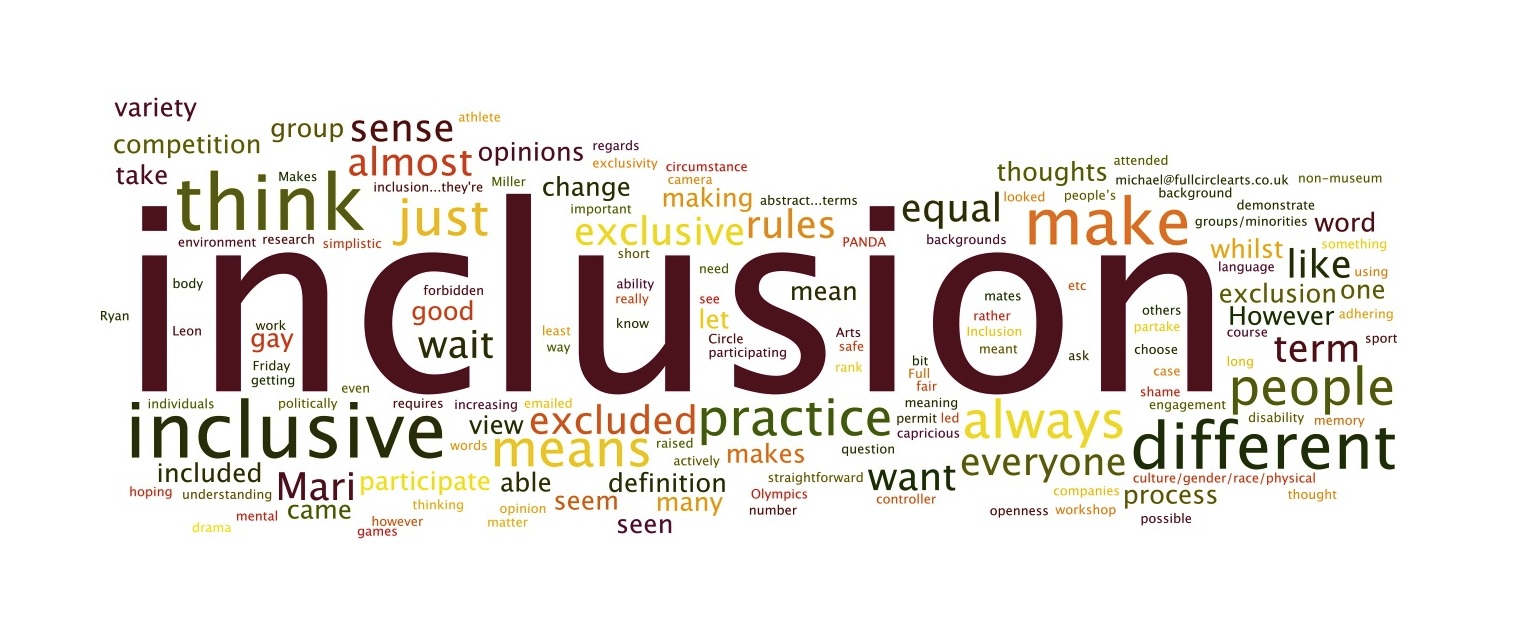Payroll
72% of U.S. Workers Would Leave for More “Inclusive” Employer
Data suggested that younger generations place a higher premium on an inclusive culture, with 53 percent of millennial respondents saying that if they could find the same role, they would leave an organization for one with more of the kinds of workplace...
Jun. 11, 2017

A recent Deloitte survey found that inclusion can play a major role in a professional’s decision to choose an employer. In today’s competitive market, individuals are often challenging employers to think more holistically about what inclusion really means to them, and think more strategically about how to create and maintain an inclusive culture.
With inclusion’s growing impact on attracting and retaining employees, organizations should consider broadening their lens on inclusion, pushing leaders to be active role models, and going beyond programs to impact people’s day-to-day experiences.
Inclusion and the effect on talent
Deloitte surveyed more than 1,300 full-time employees across the United States and found that an inclusive culture is key to both hiring and retaining talent. A staggering number of respondents (80 percent) say that inclusion is an important factor in choosing an employer.
Seventy-two percent of respondents said they would leave or may consider leaving an organization for one that has more of the inclusive aspects they desire. In fact, nearly a quarter of all respondents have already done just that. Data suggested that younger generations place a higher premium on an inclusive culture, with 53 percent of millennial respondents saying that if they could find the same role, they would leave an organization for one with more of the kinds of workplace inclusion features they want. Inclusion seems to be such a priority for millennials that despite their relatively limited time in the workforce, 30 percent of millennials surveyed have already left a job for a more inclusive culture at another organization.
“In a race for talent, an inclusive culture can really draw people in and make them stay if it’s done right. And today, it is a make-or-break for some individuals,” said Deborah DeHaas, vice chairman and chief inclusion officer, Deloitte. “In order to ensure that people feel included, organizations should very closely evaluate their current inclusion initiatives to see if the efforts get to the heart of what their employees expect inclusion to be.”
It’s work, but it’s personal
Inclusivity is perceived differently by different groups of people, but when it comes to workplace culture, most respondents relate more to the way inclusion “feels” over how it may “look.” When asked why they left previous organizations for more inclusive ones, the reason respondents pointed to most frequently indicated a desire to be authentic at work —citing they did not feel comfortable being themselves at their previous workplace (33 percent), followed closely by not feeling comfortable speaking up and expressing opinions, not experiencing inclusive day-to-day interactions and not being in an environment that provided a sense of purpose or impact (28 percent each). Only 12 percent cited diversity of demographic groups as a reason they left a previous organization for more inclusive ones.
Nearly half of all respondents (47 percent) chose “an environment that makes me feel comfortable being myself” as one of their top three most important attributes of an inclusive workplace. This indicates that in addition to the proper channels, tools and programs, a large part of inclusion for professionals is likely determined by how a workplace makes them feel.
This aligns with recent research from Bersin by Deloitte, which found that in organizations with inclusive cultures, employees tend to feel that they can be themselves, share problems, make mistakes, innovate and drive change.
“Because inclusion is so personal, employers should try to understand how inclusion is experienced in their organization,” said Deepa Purushothaman, a national managing principal of inclusion at Deloitte. “Organizations should be asking themselves how their business practices impact their employees and take an honest look at whether they have the right workplace culture to make people feel like they belong.”
Leaders’ actions empower everyone to play a role in an inclusive culture
When asked who they feel has the greatest impact on inclusion in the workplace, almost a third of respondents (32 percent) believe senior leadership has the biggest influence, yet nearly the same amount say everyone has a role to play (34 percent). This suggests that, to realize change, action and direction from the top must also be complimented with a commitment across all levels of an organization.
“We need leaders to walk the talk and organizations to take a hard look at their culture,” said Purushothaman. “Leader behavior and organizational culture both need to evolve and adapt so that everyone understands their individual role in making fellow employees feel included.”
A resounding number of respondents indicated that their day-to-day experiences mean more to them than programs and initiatives. Seventy-one percent of those surveyed said they would prefer an organization with leadership that consistently demonstrates inclusive behaviors over an organization that offers numerous initiatives.
Methodology
The survey gathered online responses April 13–20, 2017, from more than 1,300 full-time employees from different sized companies across the United States. The online questionnaire measured demographic subgroups upfront to ensure a significant sample size for statistical validity.
Inclusion definitions
- Inclusion: Respect for and appreciation of differences in demographic characteristics such as race, ethnicity, gender, age, national origin, disability, sexual orientation and/or non-demographic characteristics such as religion, education, experiences, communication style or work habits.
- Stereotype-based bias: Attitudes or generalized beliefs about people that affect understanding, actions and decisions.
- Inclusive: Embracing all people; making all people feel valued and they belong in their organization.
- Inclusion initiatives: Efforts to help all people feel that they are valued and belong in their organization.
